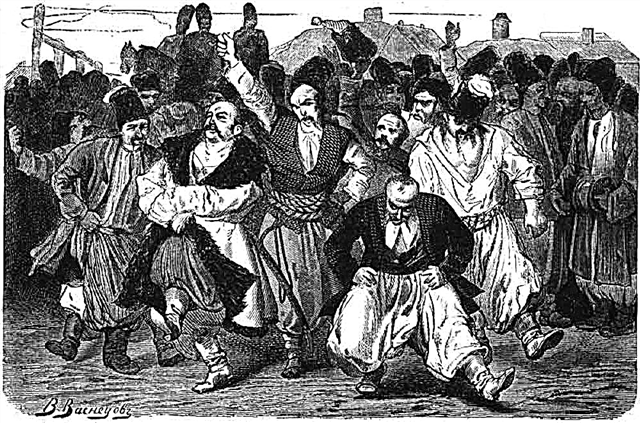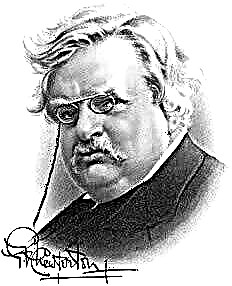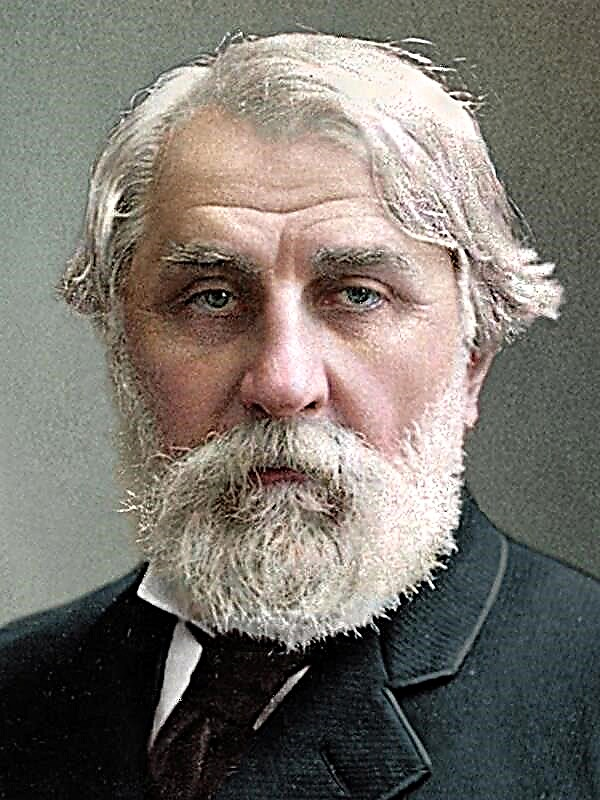We are so overloaded with information that our brain automatically weeds out most brands.
We are constantly overloaded with information. With the development of the media, the impact of marketing and advertising has grown exponentially. The average American family watches TV daily for more than seven hours, and that’s countless ads every day. Information is everywhere: already at breakfast we read the composition of the cereal on the box.
This flow of information needs to be filtered, and we automatically rank brands and products in our minds. Brands with the most effective marketing strategy take first place. We attribute other brands to the lower places of the rating and are unlikely to spend money on them.
Android and iOS have successfully established themselves at the highest rungs. Thanks to successful marketing, most of us know only these two operating systems. They occupy almost the entire market of mobile operating systems.
To be noticed in a crowded market, your strategy must stand out. Otherwise, customers will simply forget about your product.
Become an innovator
If the product takes first place in the market, then consumers will buy it.
Example. Coca-Cola has been the most popular soft drink for decades. 7-Up and Dr Pepper are doomed to be compared to Coca-Cola. All subsequent products are considered “non-unique” and will always compete with their predecessors.
We always remember a novelty. It is harder to remember additional products in the same product category.
Example. Apple pioneered the launch of the Mac, the first computer for affluent consumers. Apple maintained its position by selling products at a higher price than others.
The brand that first entered the market sells its product twice as much as its competitors. This allows consumers to form any image of the product. You can open a whole new frontier in advertising without competing with other products, which will strengthen your position in the market. Be the first to let people remember your product forever.
To successfully position a product, you need a catchy, fashionable marketing approach.
How to make people remember your product? You need to know your market well and find the right marketing approach.
Think about current market trends.
Example. Marlboro positioned cigarettes as an attribute of a real man, which corresponded to the spirit of that time. But do you know Lorilland? Probably not. They promoted their product in the same way, but twenty years after Marlboro. Masculinity has ceased to be fashionable, and Lorilland could not achieve the cult status of Marlboro.
Apple positioned its products as an alternative to a standard PC, but with an improved design and for wealthier customers. Such products proved to be in demand, and the company became extremely successful.
Having defined an effective marketing approach, stick to it. Think about the long term, that is, the next five to ten years, and do not worry about short-term problems. Early abandonment of the positioning that brought you success can reduce sales.
Example. The Avis car rental company has gained fame as “studious No. 2”. Having achieved success, the slogan was changed to "Avis will be No. 1", after which the company lost a significant market share.
It is important to understand current trends in order to sell goods. Having won a position with an effective marketing strategy, do not change it.
If you can’t be the first, find your niche or take advantage of competition
If it is not possible to make the product first, become a follower. For recognition will have to fight. Even if your product is better, consumers will continue to trust the original.
Find your niche in the market - for example, a place for your product can be found in a more expensive segment of the market.
Example. Michelob became the first brand of exclusive beer.
You can strengthen the brand’s position using the strengths and weaknesses of competitors.
Example. Avis was a follower of Hertz, the market leader, but turned the tide in its favor thanks to its vibrant slogan: “Avis is just No. Why should you cooperate with us? Because we are trying harder. ” Profit Avis increased thanks to the opposition to Hertz, which meant a clear and clear position in the minds of consumers.
Change the position of a competitor in the market and take his place.
Example. Manufacturers of Tylenol removed the market leader - Aspirin, said that it can cause nausea or cause an asthma attack. So in the minds of consumers there was a gap in the category of “safe painkillers”. Tylenol occupied it, becoming the leading brand among analgesics.
Do not cash in on the success of famous brands
When a brand becomes successful, there is a great temptation to get rich at its expense, promoting something similar or just “for free”. But customers will not automatically trust your products.
Example. Coca-Cola tried to create a follower product competing with Dr Pepper, Mr Pibb. The idea failed miserably. Even Coca-Cola's leading position did not help Mr Pibb gain popularity.
According to the consumer, a well-known brand can produce only one good product. When promoting two products - one is sure to fail.
“Advanced Trap” - do not use the name of a successful product for other products.
Example. Signature soap company Dial Soap was a huge success in the United States. But when trying to promote the new Dial Deodorant deodorant, the marketing campaign failed.
The consumer remembers not the product itself, but its name and meaning. Extending the meaning of one product to another, you violate the integrity of the image in the minds of consumers. Customers are skeptical about the product.
If you manage to create and maintain a powerful brand name, it will provide you with immortality: the brand will become a household name.
Example. Having cut themselves, most Americans say, “I need a band-aide,” instead of “I need a band-aid.”
The name should be clear and memorable.
The name must be memorable in order to hold on tightly in the minds of consumers. How to come up with a good name?
You can choose an unusual, bizarre word. Example: Esquire Magazine.
But this is not always a good idea: Esquire has lost its market share due to the advent of Playboy. Everyone understood what Playboy was about, and only a few knew the correct meaning of the word “esquire”. The best names are understood by most people.
The name may be a fictitious word that does not give a clear idea of the product (Kodak or Xerox). But the name does not really matter if the product is the first of its kind.
Innovation can save you from name-related problems.
Example. Coca-Cola is commonly called "Coke." But due to market position, there is no danger of a negative connotation of the word (association with cocaine).
If you are not the first on the market, you need the most simple and easy to remember name.
Generic words, like Newsweek, are effective because they describe the product, quite short and simple.
Do not use abbreviations - consumers must fully understand the brand name.
Example. International Business Machines was only able to use the abbreviation (IBM) after it became very famous.
Consumers will remember only the name they understand - strive for this.
The most important thing
To successfully bring a product to the market, you need to come up with a good name, avoid advertising traps and use the strengths and weaknesses of competitors to your advantage. If you cannot be an innovator, do not become the next “non-unique" product, but use your positive qualities and features to find a niche in a crowded market.








 Guerrilla marketing
Guerrilla marketing


